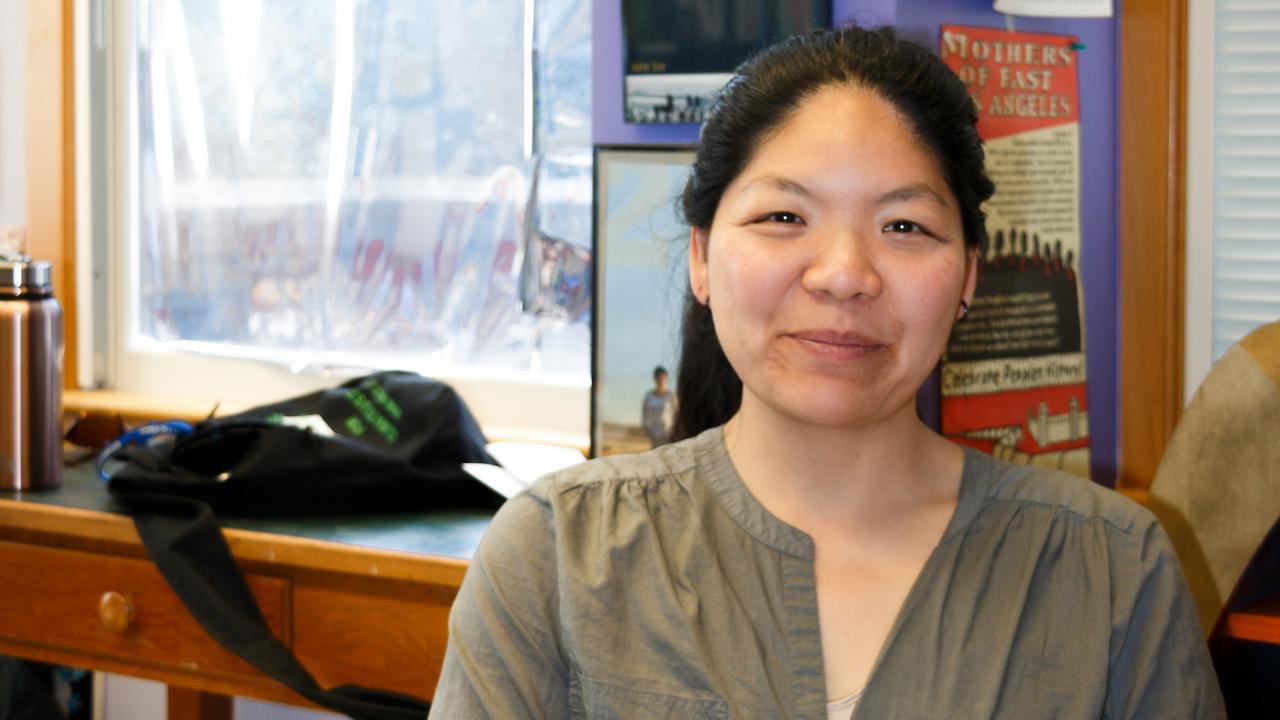
Whose Authority? On Creative Assignments and Transformative Education - July 2019
By: Julie Sze, Professor of American Studies
My goal, if not always the actual practice, is to inculcate a culture and vocabulary of liberatory and transformative education.
When I think about the transformative experiences I had as an undergraduate at a UC 25+ years ago, I remember amazing professors in huge lecture classes. I remember connecting with Teaching Assistants on a personal level. And I remember the creative assignments that taught me how to think and write differently.
Let me speak on the last- creative assignments and why they matter, especially from a first-gen perspective. As I’ve spoken about elsewhere, I came from a family and went to a school that had particular values around working hard, testing well, and making money. My family was working-class and their formal education was limited. My life was changed when I went to University because my mind was transformed. I was exposed to different ideas, values and experiences from those I was raised with. In the long-run, these ideas, values, and experiences gave me a sense of personal and professional purpose. Otherwise, I think I would have sleepwalked through my life.
That’s why I encourage my students to be reflective, careful and sensitive as they go about the difficult and exciting process of transformation.
The Power of a Paper Journal
One way I do that in some of my smaller classes is to have my students keep an old-fashioned journal. While Canvas makes it easier to give feedback and grade, it also means that the paper evidence of growth and change is not easy to track, or ever return. A journal is a physical archive, and writing out thoughts on paper is very different than on a screen. Another way that I teach differently is to encourage students in some of my classes to do creative projects (while giving the most resistant to them an academic “out”). In yet another class (on research), I share articles I am writing with them, including abstracts, messy drafts, and so on. I do all these kinds of non-traditional assignments and activities to encourage a sense of vulnerability and wonder, in the hopes of making the alchemical work of transformative teaching happen. It doesn’t always, but it does often.
I’m fortunate to be in a department that values pedagogy deeply, and allows for creativity in the classroom. Part of the issue is about “teaching differently” is about authority, and developing it. As a first gen student, now faculty, the imposter syndrome is real. Talking about it makes it seem less personal. Part of the project of the university is to inculcate a culture of expertise and hierarchy, through grades, credentials, etc. The radical notion I take in my class is to attempt, if not to take that apart, at least to recognize what is at stake.
I ask my students- why write? And I teach them that it’s a privilege to think. Recognizing that our students have enormous financial pressures as well as the ideological burdens of a particular form of testing and knowledge acquisition is, I think, a necessary first step to dismantling the hierarchies embedded in higher education.
Request a Reflective Teaching Journal
As you think about transformative education, let CEE support your reflection with a free journal so that you can capture your insights about your teaching.
If you would like a reflective journal, complete the following form and we will send you one via campus mail.
